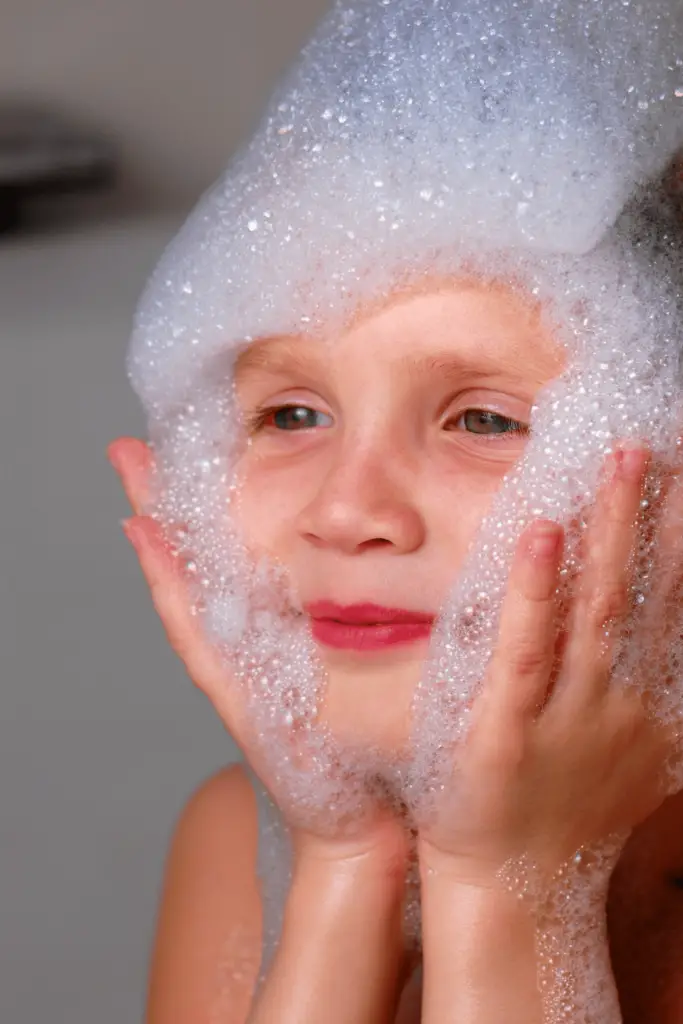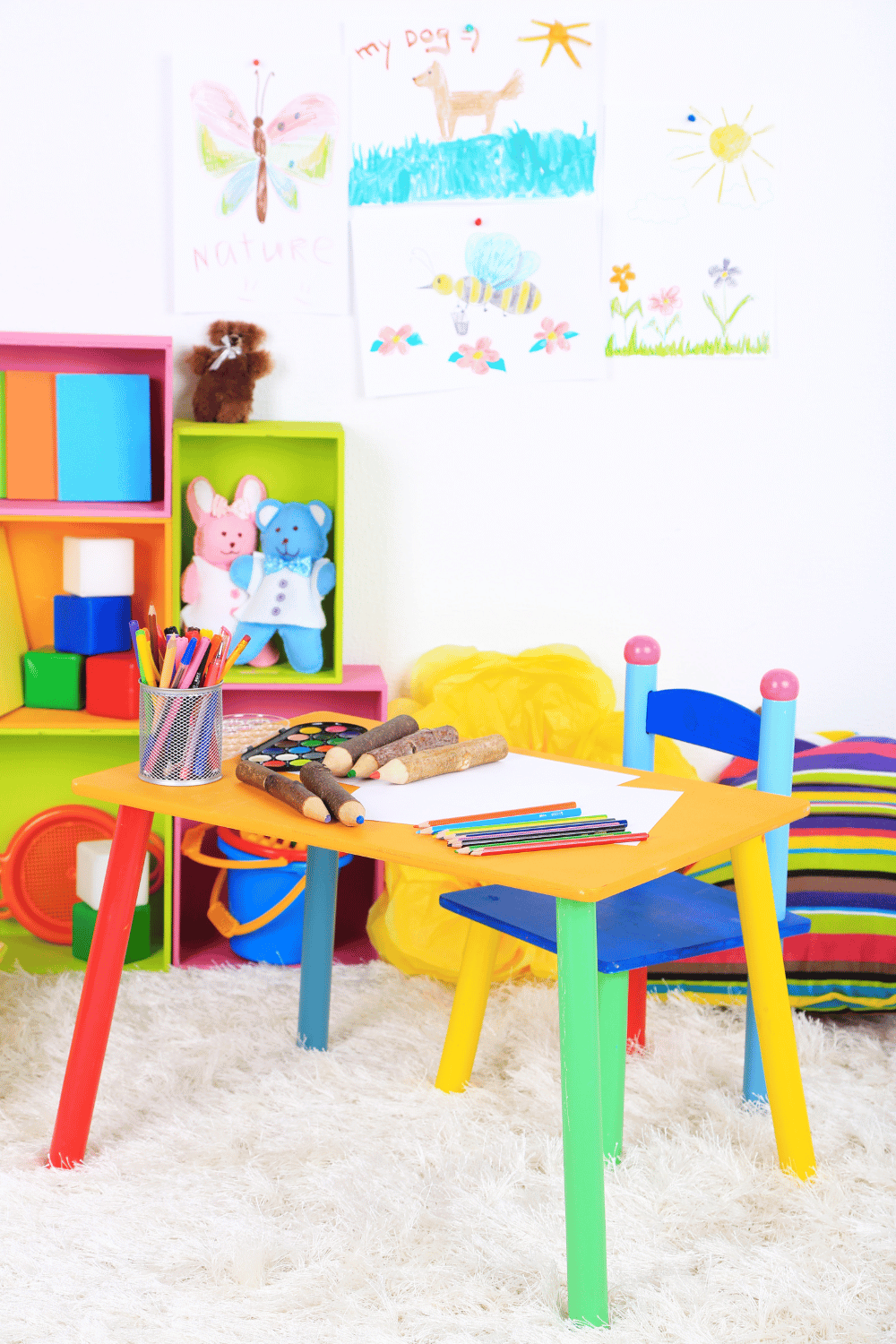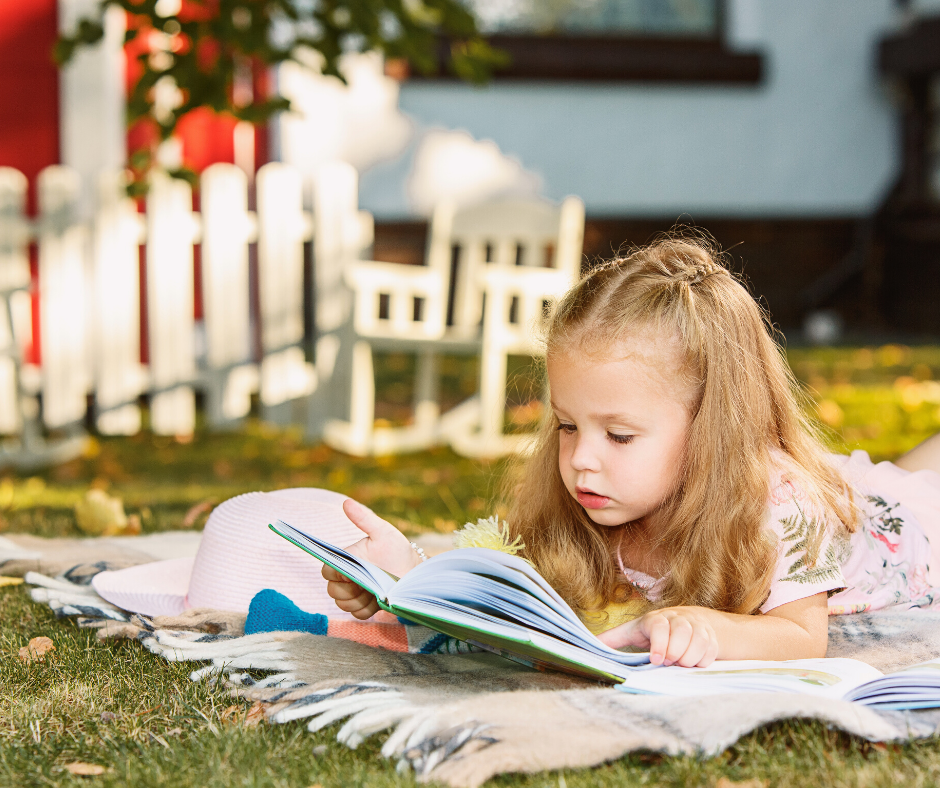4 Tips to Help Your Children Take Care of Their Own Personal Hygiene
There is, of course, a huge difference between your child running into the house covered in mud and greenery after playing in the garden and not having actually washed their hands in several days, and the concept of personal hygiene firmly focuses on the latter.

Whether you have one child or are the lucky parent or guardian of several and you are looking for ways to help them become more independent in such matters, then continue reading. Here are four tips to encourage your children to take care of their own personal hygiene.
- Wash Your Hands Together with a Song!
The importance of handwashing for people of all ages has been significantly highlighted during any kind of outbreak of disease, and as a result, more and more children are now familiar with what to do.
However, there is nothing more that children love than to make everything a spectacle and a performance, so when it comes to washing their hands before mealtimes, for example, join them and wash your hands together, either to a song they love from their favorite show or your own invented tune.
- Engage in Regular Positive Reinforcement
Positive reinforcement is ideal for teaching children (and is effective for adults and domesticated animals alike) the right way of doing things without overtly lecturing them.
For example, if your child goes to wash their hands or asks where the soap is when in the bath, you should always reward them, either with kind words or by showing physical affection to reinforce the fact that they are on the right track. This is why dentists sometimes give children a sticker after a good dental check-up!
- Make Teeth Brushing Fun!
The importance of brushing your teeth twice a day for two minutes a time can simply never be overstated, and the sooner you instill this in your children, the better. Make sure you and your children are registered with a renowned family dental clinic, such as bafdentistry.com.
For people of all ages, poor oral hygiene can lead to the following issues to varying degrees of severity:
- Respiratory diseases and asthma
- Stroke and heart disease
- Memory-based illnesses
- Certain types of cancer
- Higher risk of diabetes
- Be as Visual as Possible
It is true to say the more visual and expressive you are when showing your children how to do a particular step in their morning and evening routines, the better, but for even more picture-perfect morning routines, you should look to writing it down as well.
Invest in a large, old-school chalkboard or whiteboard and a variety of different colored pens, and once the routine has been agreed upon by you and your children, let them write their new plan on their board.
You could choose to keep this board in their bedroom or in a family room, such as the kitchen or living room, so that it can be referred to throughout the day and evening.






